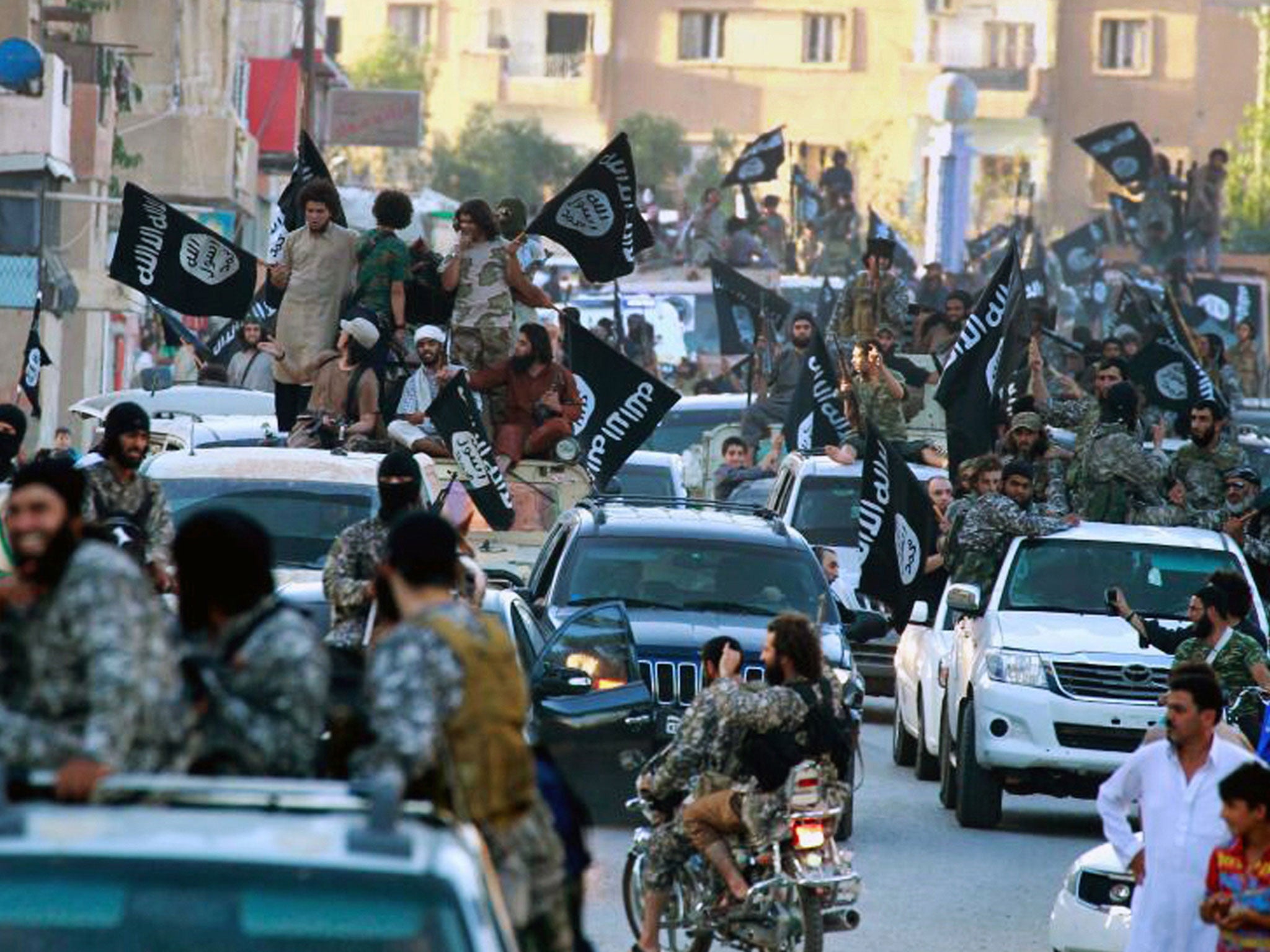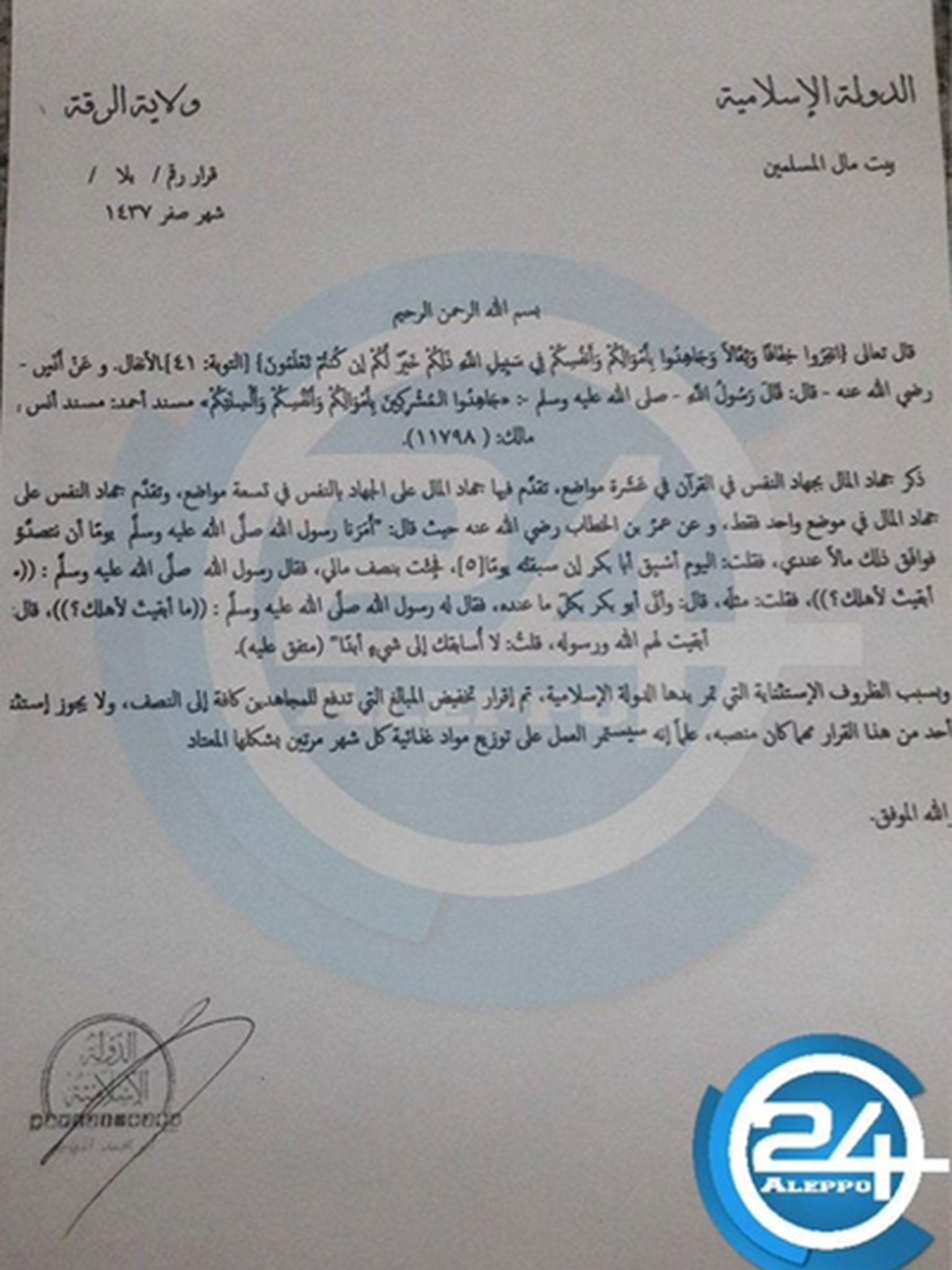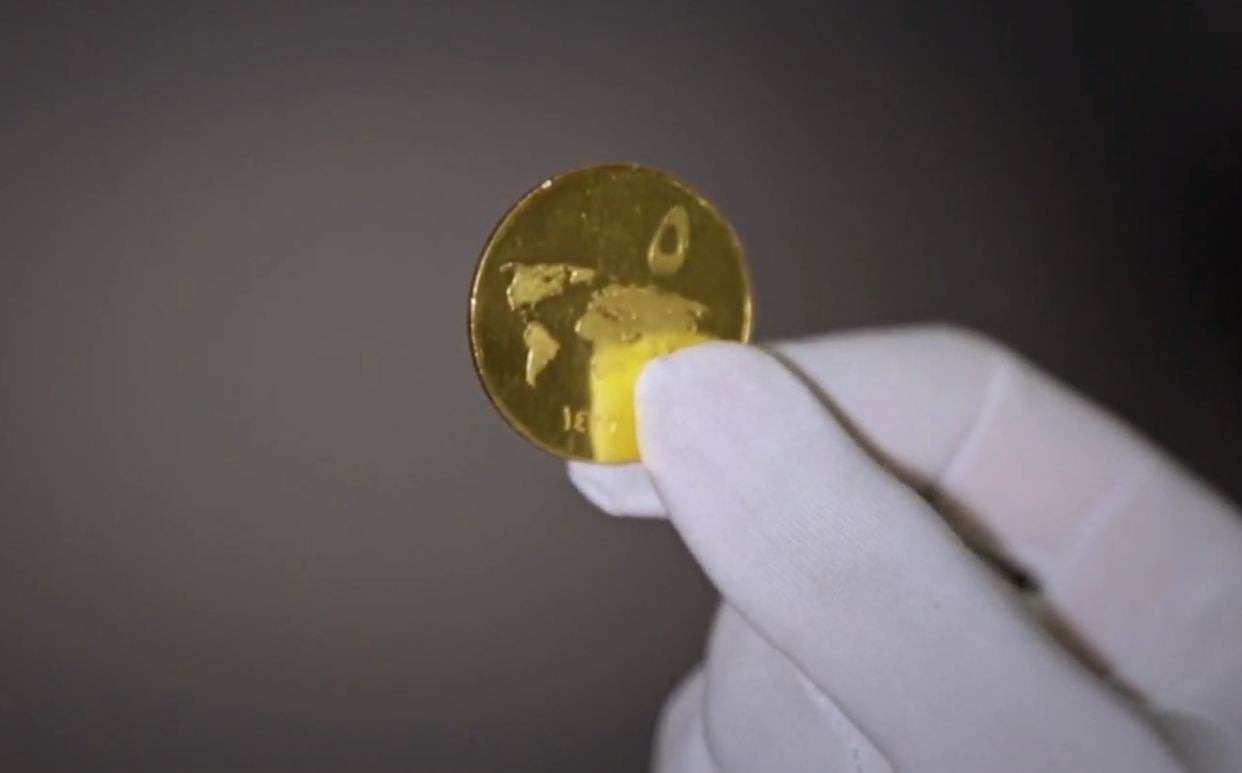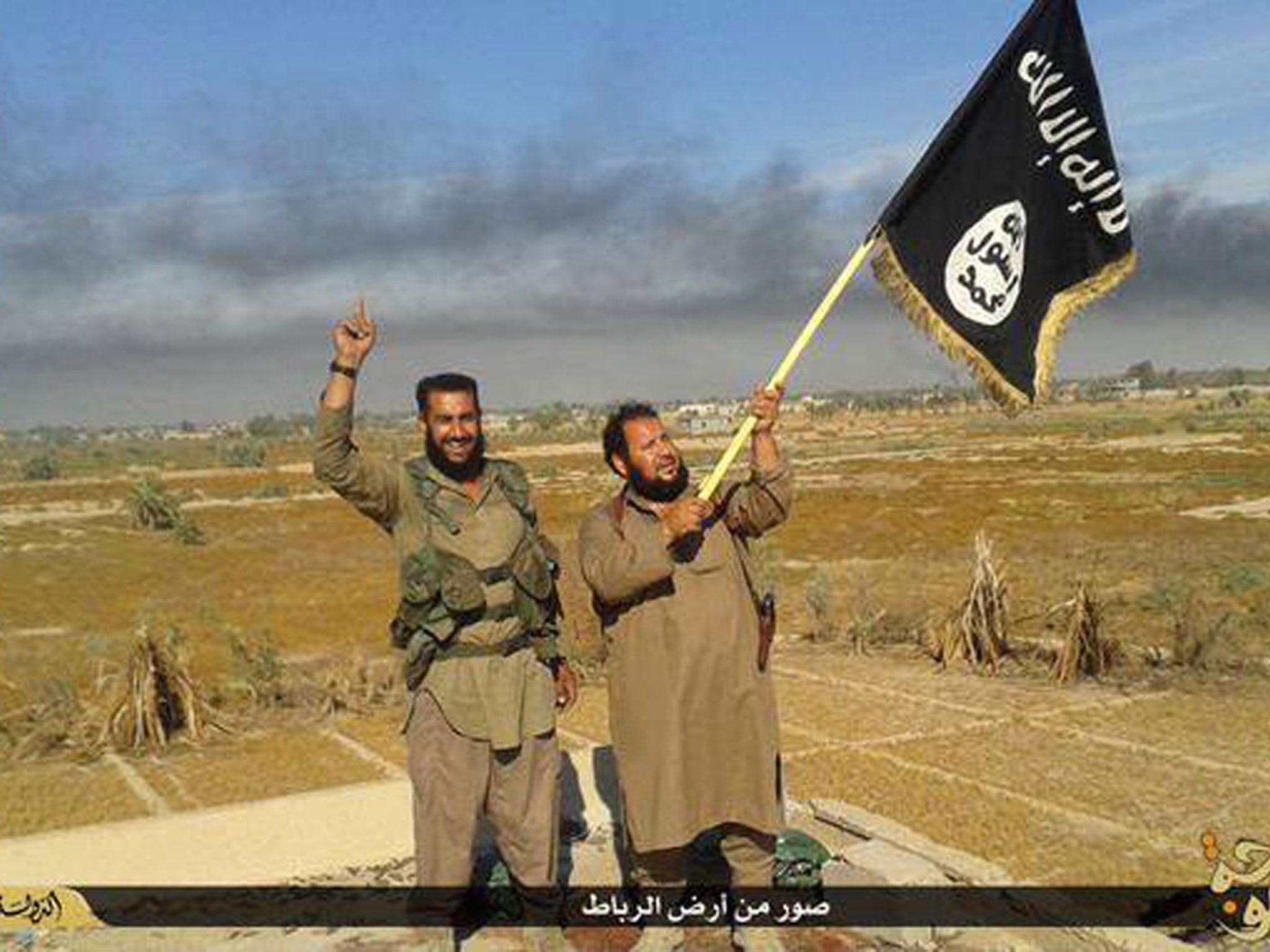Isis cuts salaries, brings in fines and releases prisoners to make up cash shortage caused by air strikes - report
The group has reportedly even stopped giving away free Snickers bars and energy drinks

Your support helps us to tell the story
From reproductive rights to climate change to Big Tech, The Independent is on the ground when the story is developing. Whether it's investigating the financials of Elon Musk's pro-Trump PAC or producing our latest documentary, 'The A Word', which shines a light on the American women fighting for reproductive rights, we know how important it is to parse out the facts from the messaging.
At such a critical moment in US history, we need reporters on the ground. Your donation allows us to keep sending journalists to speak to both sides of the story.
The Independent is trusted by Americans across the entire political spectrum. And unlike many other quality news outlets, we choose not to lock Americans out of our reporting and analysis with paywalls. We believe quality journalism should be available to everyone, paid for by those who can afford it.
Your support makes all the difference.Isis is reportedly cutting pay, bonuses, food rations perks and previously abundant treats for its fighters as the international coalition's strategy targeting its income streams appears to pay off.
A decree from the so-called Islamic State’s treasury, the “Bayt Mal al-Muslimeen” emerged last month halving salaries for militants because of “exceptional circumstances”.
Now, as the US-led coalition continues bombing oilfields, money stores and infrastructure, the penny-pinching appears to have intensified.

The Associated Press reports that the terrorist group is trying to generate funds by offering to release prisoners for a price of $500 (£350) per head, as well as demanding that civilians living under its control in Raqqa pay their utility bills in black market American dollars.
Little over six months ago, Isis was trumpeting the supposed minting of its own currency – the gold and silver dinar – although analysts were sceptical, but now it is even said to be cutting everyday treats like free energy drinks and Snickers bars.
Propaganda encouraging potential recruits to travel to its territories in Iraq and Syria has previously focused on the quality of life, offering decent salaries, baby bonuses, homes and other benefits to new arrivals.
But under the pressure of air strikes and other operations, necessities are reportedly dwindling in several cities, sparking inflation, cuts and rationing.

The AP interviewed people who have fled Raqqa, Isis’ de-facto capital in Syria, and those living in its Iraqi stronghold of Mosul.
An activist who has fled over the border to the Turkish city of Gaziantep, Abu Ahmad, said not only militants had felt the squeeze.
“Any civil servant, from the courts to the schools, they cut their salary by 50 per cent,” he added. “Everything is paid in dollars.”
A man who fled al-Bab, another Isis stronghold in Aleppo province, said militants had been sending their families to Raqqa under pressure from a rebel advance.
Oussama told AP Isis officials had been heard by townspeople discussing crippling air strikes on oil infrastructure, the cut-off of supply lines and revenue sources, amid “grumbling” from low-level fighters.
"You can sense the frustration, their morale is down," Oussama said of the militants.

In the Iraqi city of Fallujah, fighters who once made $400 (£280) a month are not being paid at all and their food rations have been cut to two meals a day, according to an anonymous resident.
He said inhabitants can only leave if they pay $1,000 (£700) - a sum well beyond the means of most in the Sunni-majority city that was the first in Iraq to fall to Isis in 2014.
Fallujah is also where Isis has started charging $500 (£350) for the release of a detainee, and fining rather than flogging civilians who violate its strict dress code, in apparent money-making schemes.
In September, the Iraqi government cut off salaries to employees trapped in Isis-controlled territories, despite humanitarian concerns, in an attempt to stop the group taking public money through its “taxes”.
The US-led coalition has been bombing the terrorist group’s oil fields, supply lines and cash stores since October as part of Operation Tidal Wave II, and the treasury document released last month appeared to show it working.
“So on account of the exceptional circumstances the Islamic State is facing, it has been decided to reduce the salaries that are paid to all mujahideen by half, and it is not allowed for anyone to be exempted from this decision, whatever his position,” the order read, according to a translation by Aymenn Jawad Al-Tamimi, a research fellow at the Middle East Forum.
American officials claimed that operations were already “putting significant damage on Isil’s ability to fund itself” in November and vowed to “step up the attack”.
When British planes extended operations from Iraq into Syria in December, Isis’ Omar oilfields were the first target and Tornadoes and drones have returned to destroy attempted repairs.
A “cash distribution centre” reportedly used to pay fighters was also hit by US planes on 11 January near its Iraqi stronghold of Mosul, with footage showing clouds of money blown into the air.
General Lloyd Austin, head of the US Central Command, told CNN it deprived the group of “millions of dollars”.
”We are seeing our efforts having some effect on their financial flows.” Lisa Monaco, President Barack Obama's counterterrorism adviser, told the AP.
“It’s difficult to get a handle on just how much because of the different illicit ways in which they are handling their finances but you've seen the efforts that our military has taken to take out cash storage sites, and I think it is our hope and expectation that that will have demonstrable effects.”
Isis maintains control of huge swathes of territory across Iraq and Syria, and has seen no major defeats since the Syrian regime upped its offensive against anti-government rebels backed by Russian air strikes earlier this year.
At the same time, Turkey has been shelling the Kurds believed to be one of the most effective fighting forces against Isis, raising fears that resistance to the terrorist group on the ground is being diminished.
Additional reporting by AP
Join our commenting forum
Join thought-provoking conversations, follow other Independent readers and see their replies
Comments